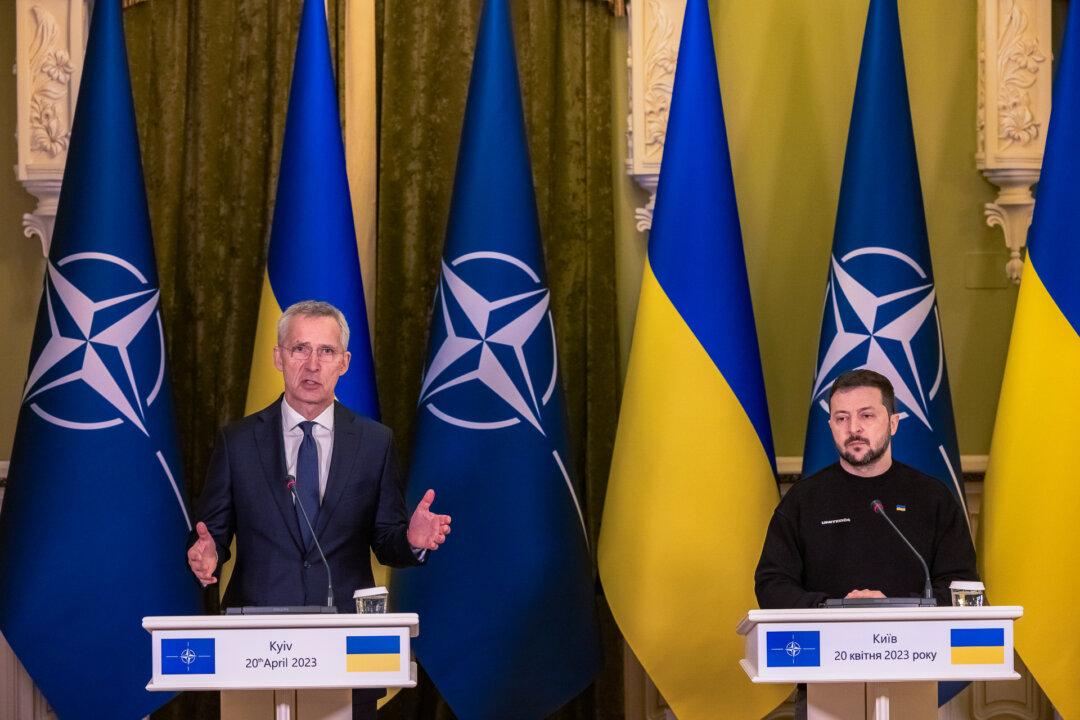News Analysis
At last year’s NATO summit in Lithuania, allies agreed to defer Ukraine’s membership bid, at least temporarily, in favor of loosely defined “security agreements” between Kyiv and individual member-states.

At last year’s NATO summit in Lithuania, allies agreed to defer Ukraine’s membership bid, at least temporarily, in favor of loosely defined “security agreements” between Kyiv and individual member-states.